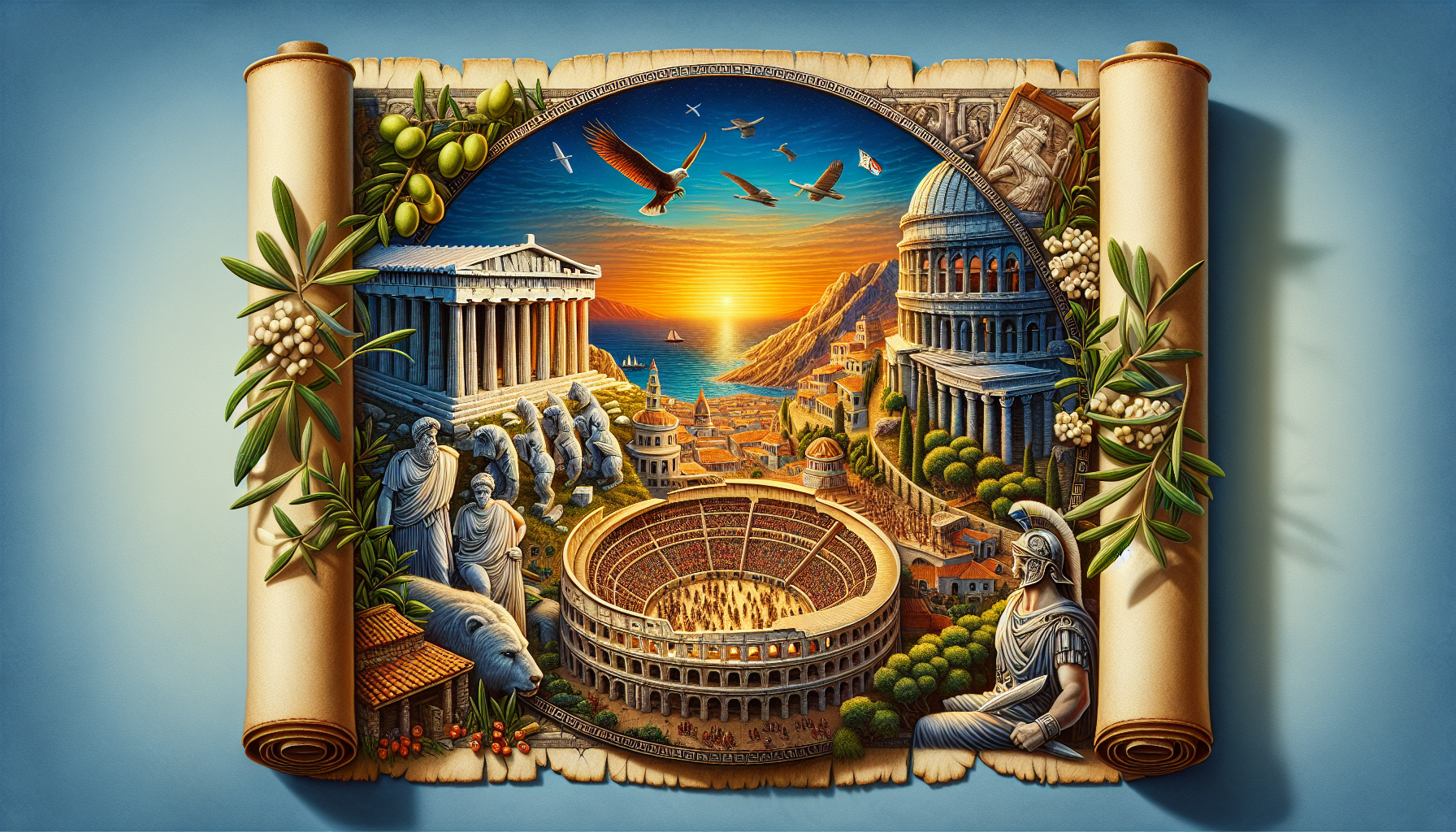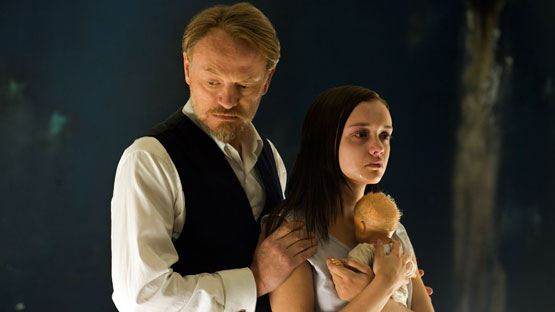Title: Tracing Civilization’s Path: The Cultures of Ancient Greece and Rome – A Historical Retrospective
Unraveling the layers of the past brings us face to face with two cultural touchstones that profoundly molded the course of human history–the civilizations of ancient Greece and Rome. With their leaps in philosophy, governance, architecture, and art, these antique societies have left an indelible imprint not only on their immediate successors but also on modern Western civilization.
Ancient Greece, identified as the birthplace of Western civilization, is celebrated for its unparalleled contributions to various realms of human thought and practice. The Ancient Greek civilization flourished from around the 9th or 8th Century BC to 146 BC, brimming with significant achievements that continue to shape our world.
In political culture, the Greeks pioneered democracy, with Athens’ democratic system serving as the earliest archetype. Philosophically, they introduced the Western thought tradition. Luminary Greek philosophers like Socrates, Plato, and Aristotle grappled with fundamental questions of existence, morality, and knowledge, leaving a trove of wisdom that still sparks intellectual debate today. Additionally, Greece’s mythology and literature, as incarnated in Homer’s epics, Sophocles’ tragedies, or Aesop’s fables, have become timeless pieces enriching the global literary heritage.
The Greeks’ distinctive art and architecture forms a cornerstone of their cultural legacy. From the ornate sculptures depicting gods and heroes to the grandeur of the Parthenon, these masterpieces encapsulate the profound aesthetics of ancient Greece. Their advanced grasp of mathematics, science, and technology is testified by their sophisticated geometric pottery, the Antikythera mechanism, the water mill, and their development in fields like astronomy and medicine.
Separated from Ancient Greece’s epoch by a few centuries, Rome functioned as the cradle for another transformative civilization. The Roman Empire, from its unassuming origins in the 8th Century BC as a monarchy, blossomed into a republic and ultimately a vast empire. This unique progression made Rome a model for future societies to study as a paradigm of statecraft, military strategy, and governance.
The Romans were pioneers in developing a comprehensive legal system which became a primary basis for Western law. Their republican form of government, though not as directly democratic as the Greeks’, significantly influenced modern governmental structures.
Roman culture was heavily influenced by the Greeks, but their adaptations and innovations still hold great significance. Roman literature, borrowed largely from Greek traditions, has left us with epic poems such as Virgil’s “Aeneid” and satirical works from Horace and Juvenal. In architecture, the Romans utilized Greek architectural forms but introduced concrete construction and the arch, facilitating the creation of grand structures like the Colosseum and the Pantheon.
Moreover, Rome’s historical significance extends into its role in spreading Christianity as a world religion. After Emperor Constantine’s conversion, Rome emerged as the epicenter of Christian thought and power for centuries.
However, neither of these two great cultures thrived without a darker side. Slavery, gender inequality, and brutal military conquests are glaring reminders of their societal injustices. The juxtaposition of their profound advancements in thought and culture with such troubling practices might seem paradoxical, pointing to the complexity and multidimensionality of these ancient cultures.
In conclusion, the cultures of ancient Greece and Rome continue to echo throughout the annals of human progression. They were multi-faceted civilizations that, in addition to their own timeless significance, served as the bedrock upon which Western society was constructed. A historical retrospection on these two cultures remains integral for our understanding of our own societal roots, achievements, and persistent conundrums. The footprints marked by these ancient civilizations remind us that while we have come a long way, we have much to learn from those who walked before us.
Related content
- A Historical Retrospective: The Renaissance Era and Its Impact on Modern Culture
- A Cinematic Odyssey: A Review of The Irishman (2019)
- A Look Back at the Industrial Revolution: A Historical Retrospective
- World War II: A Comprehensive Historical Retrospective
- Review: Good Boys (2019) – A Hilariously Profane Journey of Adolescent Curiosity







